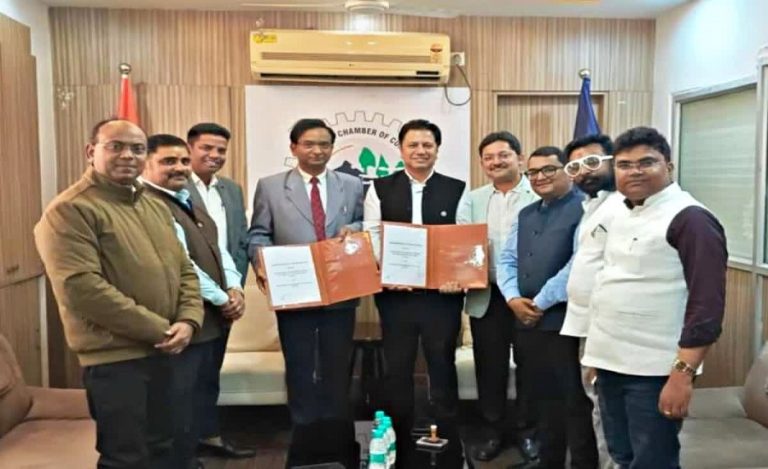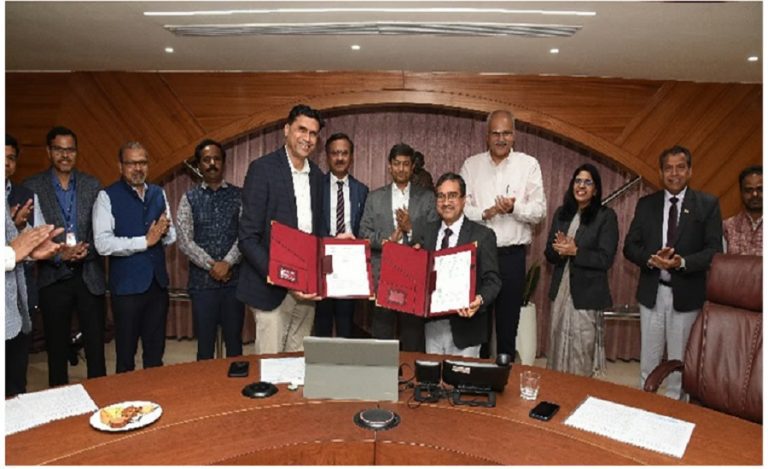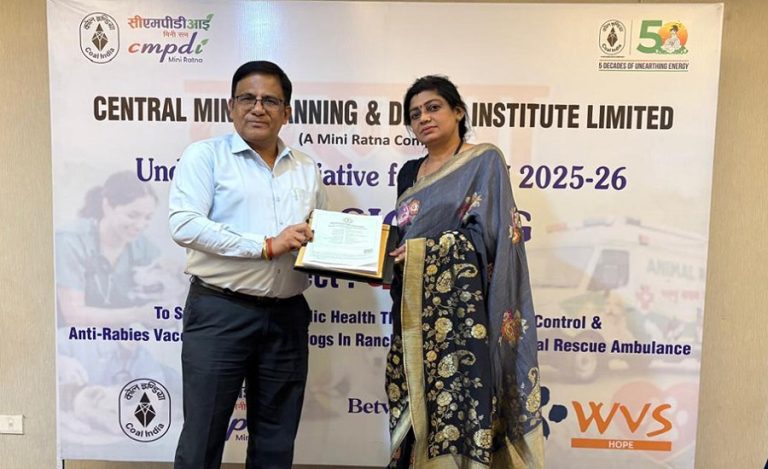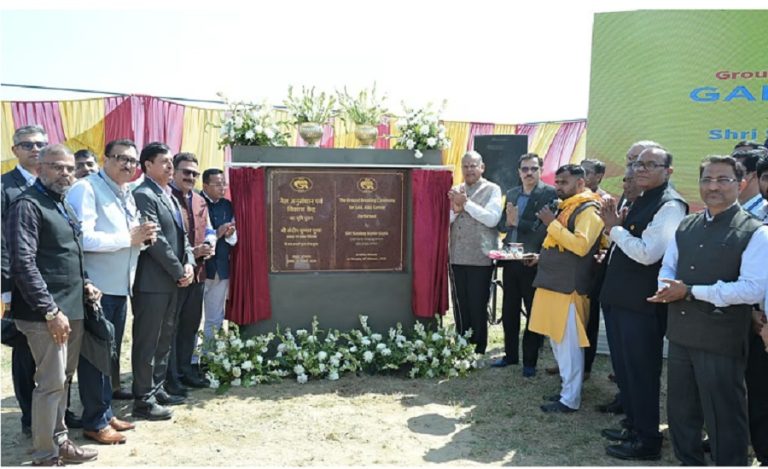The Uttar Pradesh government has initiated a major step towards reducing human-wildlife conflict by deciding to rehabilitate people living in forest areas. In the first phase of the programme, 118 individuals residing in the Katarniaghat region of the Dudhwa Tiger Reserve have been identified for relocation. They will be compensated through funds from the Centre’s Compensatory Afforestation Fund Management and Planning Authority (CAMPA).
Also Read: Juicy Delight: Bihar Sets Record with 250 Tonnes of Litchi Exported via Darbhanga Airport
High-Level Meeting with Union Minister Bhupender Yadav
The decision was reached during a high-level meeting with Union Minister for Environment, Forest and Climate Change Mr. Bhupender Yadav, who visited Dudhwa and Katarniaghat on June 19 and 20. The meeting was attended by Members of Parliament from the affected districts and senior forest department officials. Discussions focused on tackling the growing threat posed by human-wildlife interactions, especially in sensitive regions of the state.
Rising Toll of Human-Wildlife Conflict in UP
In 2024–25 alone, Uttar Pradesh has recorded 60 fatalities and 220 injuries due to human-wildlife conflicts. The majority of these incidents occurred in the areas of Katarniaghat, South Kheri, Bahraich, North Kheri, and Bijnor. The issue has been raised in Parliament by MPs from these districts, pressing for urgent action.
Rs. 22 Crore Compensation Package Planned
According to senior sources, it has been agreed that Rs. 22 crore will soon be disbursed as compensation to the identified individuals in Katarniaghat. The compensation process will follow the guidelines laid out by the National Tiger Conservation Authority (NTCA). If proven successful, the relocation model may be extended to other forest regions in the state.
Historical Reference to 1977 Relocation
This move mirrors a similar effort undertaken in 1977, when 37 villages were relocated from the Dudhwa forest area. That step had reportedly led to a substantial reduction in human-wildlife conflict, offering hope that the current initiative will yield similar results.
The government’s new strategy reflects a long-term vision to protect both wildlife and forest-dwelling communities by balancing conservation needs with human safety.
Also Read: CM Yogi Leads International Yoga Day Celebrations in Gorakhpur




























